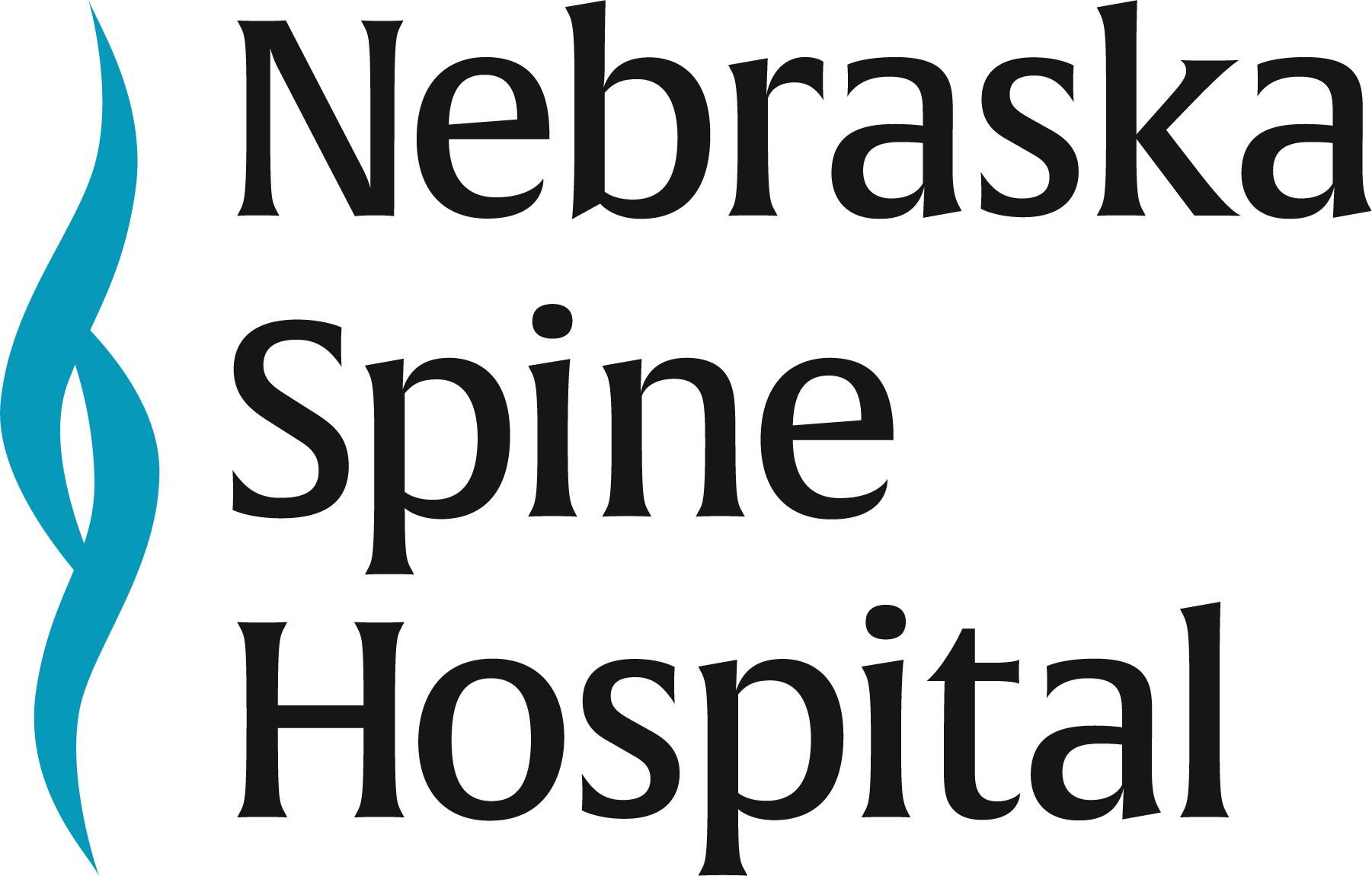If you’re new to spine surgery, don’t worry. At Nebraska Spine Hospital, we understand the importance of keeping patients informed about what to expect before their surgery. Let’s take a closer look at the process leading up to your spine surgery.
Preoperative Visit
The preoperative Nurse Navigator visit is a crucial step in preparing you for surgery. During this visit, you will have the opportunity to talk with a Nurse Navigator and attend a spine surgery preparation class where the team will address any concerns or questions you may have.
Concerning Your Medications Before Surgery
Prior to Your Hospitalization Make sure to furnish your surgeon and the doctor conducting your pre-surgical examination with an updated and precise list of your medications. This should include any over-the-counter medications and herbal supplements you are currently taking.
Please refrain from consuming aspirin, ibuprofen, or other anti-inflammatory medications for a period of two weeks before your surgery. This includes popular brands such as Advil, Motrin, and Aleve. Additionally, it is advisable to avoid these medications for up to 3-4 months following your surgery, as they may impede bone fusion.
The Night Before Surgery
Before undergoing surgery, it’s important to take certain steps to ensure a smooth procedure and reduce the risk of infection. Here’s a guide to help you prepare:
- Bathing and Hair Care: The evening before your surgery, make sure to take a bath or shower and shampoo your hair. This will help keep your body clean and minimize the presence of any potential contaminants.
- Clean Sleeping Environment: It’s crucial to sleep on clean sheets the night before your surgery. Fresh bedding will help maintain a hygienic environment and reduce the risk of introducing bacteria or other germs to your surgical site.
- Nail Polish Removal: Before heading into surgery, remember to remove any nail polish on your fingers and toes. Your doctor may ask you to do this to ensure accurate monitoring of your oxygen levels and to avoid any interference with medical devices during the procedure.
- Skin Scrub: Depending on the type of surgery you’re having, your doctor may provide you with a special soap to scrub your skin. This soap is designed to reduce the risk of infection. Follow your doctor’s instructions on how to use it effectively.
- Assistance from a Family Member: In some cases, you may require assistance from a family member or trusted individual to properly perform the skin scrub. They can help you reach areas that may be difficult for you to access yourself.
- Circular Motions for Skin Scrub: When performing the skin scrub, use small circular motions for approximately 15 minutes. This technique ensures proper coverage and helps eliminate potential bacteria on your skin.
- Notify Your Physician: If you have any sores or irritated skin areas, it’s important to notify your physician before the surgery. They can assess the situation and take appropriate measures to minimize complications during the procedure.
Preoperative Diet
To ensure a smooth surgical experience, it is important to follow the prescribed guidelines regarding your diet. Here are some key points to remember:
- Fasting Instructions: Your Nurse Navigator will provide specific instructions on when to stop eating and drinking. It is essential to adhere to these guidelines to ensure your safety and the success of your surgery.
- Oral Hygiene: On the morning of the surgery, it is important to brush your teeth and wash up. However, be cautious not to swallow any water while doing so.
- Bowel Preparation: Depending on your case, your doctor may prescribe a bowel preparation solution to be consumed in the afternoon prior to the surgery. Follow the instructions provided by your healthcare team regarding its consumption.
Surgical Preparations: Jewelry, Makeup, and Nails
- Before undergoing surgery, it is essential to remove all jewelry, makeup, and nail polish. This precaution ensures a safe and unobstructed surgical procedure. If you happen to have artificial nails, at least one of them must be removed to monitor oxygen levels accurately.
- To ensure the security of your belongings, any jewelry you possess on the morning of the surgery should be entrusted to your family members. However, if you have a ring that you cannot remove or prefer not to, the nurses will be happy to tape it securely to your finger for your peace of mind.
- Remember, it is highly advised to leave all valuables at home to minimize any potential risks during your time at the hospital.
Getting Your Home Ready for a Safe Return After Surgery
- Arrange for Support: Reach out to a trusted friend or loved one who can assist you during your recovery period, ideally for at least a week after your return.
- Eliminate Tripping Hazards: Remove any potential tripping hazards in your living space, such as throw rugs, extension cords, and phone cords. These small adjustments can significantly reduce the risk of accidents.
- Plan for Pet Care: Ensure that you have a plan in place for the care of your pets while you recover. This may involve asking a friend or family member to look after them or arranging for a pet-sitter if necessary.
- Prepare Meals in Advance: Take some time to prepare and freeze meals before your surgery. This way, you’ll have convenient and nutritious options available during your recovery period.
- Clean and Organize: Prioritize cleaning your home and doing laundry before your surgery. Returning to a clean and organized space can contribute to a more comfortable and stress-free recovery.
- Ensure Adequate Lighting and Clear Pathways: Make sure all walkways, stairs, and hallways are well-lit and free of clutter. This will help prevent any accidental falls and provide a safer environment for your return.
- Consider a Handheld Shower Hose: If your bathroom doesn’t have a shower, consider installing a handheld shower hose that attaches to the tub faucet. This simple addition can make bathing easier and more accessible during your recovery.
Remember, these guidelines are subject to your specific surgery and medical condition. Always consult your healthcare provider for personalized instructions and advice.
We hope this post helps to enlighten you on what to expect before spine surgery. Please feel free to reach out to us with any questions or concerns regarding your upcoming surgery. We also have extensive resources on the NSH website.
Thanks for reading, and we wish you a safe and speedy recovery.










